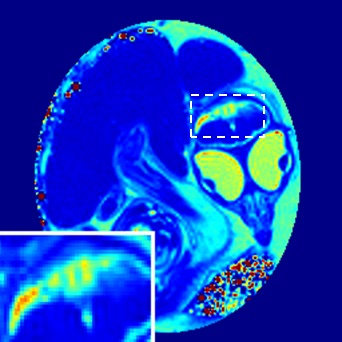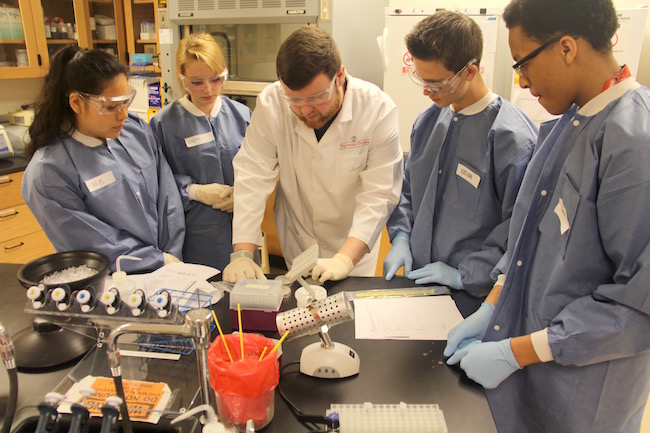The biggest threat to the health and safety of most children and adolescents is a motor vehicle accident. But the one million American children and teens living or working on farms in the U.S. face an additional danger—the tractors in their own backyards.
Tractors are deadly in the South. Thirty percent of farm-related deaths and 40 percent of youth injuries nationwide occur in 14 Southern states.
Now, University of Georgia researchers seeking ways to effectively train youth on how to safely use farm equipment have identified a persuasive tool: their farmer fathers.
Parents serve as teachers
The researchers found that youth were more likely to experience positive changes in attitudes, beliefs and behaviors when taught by their fathers. They also observed changes in the way the primary farmers approached farm safety.
Zolinda Stoneman, director of the UGA Institute on Human Development and Disability, along with other UGA researchers, developed and tested an educational program called AgTeen to teach farm safety to families.
While children have long been prohibited from working with dangerous equipment in factories in the U.S., children continue to work on farms for economic and traditional reasons. And “they are around dangerous equipment every day on family farms,” Stoneman said.
“Our main premise was ‘What happens to youth outcomes when we involve the primary farmer?’ which in most cases is the father,” said Hamida Jinnah-Ghelani, a research scientist at IHDD who coordinated the AgTeen research project. “Youth learn about farming mainly from their fathers and grandfathers.”
Don't ride the tractor with Grandpa
The randomized, controlled study split youth participants aged 10 to 19 years from counties across Georgia into three groups to compare changes in their attitudes and outcomes. One group was taught the AgTeen curriculum by the primary farmer, who was almost always the father, while the second group was taught the curriculum by experienced farmers employed as AgTeen staff. The control group received the information after the study.
“One of the reasons that we thought that parents—dads—would be really effective teachers is that we believed that if they were in a position of telling kids what’s safe to do, it would change their own behavior. So the parent is not only saying ‘This is what you need to do,’ but the parent is now doing it,” Stoneman said.
For example, the North American Guidelines for Children’s Agricultural Tasks explicitly says, “no extra riders are allowed on the tractor.” While riding with a father and a grandfather is a beloved pastime for many youth living on farms, it is also an extremely dangerous one. If a child slips from the tractor, he or she will almost certainly be crushed by its back wheels.
Primary farmers who had been exposed to the AgTeen curriculum—which was based in the NAGCAT guidelines—were less likely than fathers in the control group to give youth rides on tractors. While youth in both treatment groups expressed the intention to stop riding as an extra passenger on a tractor, only those whose fathers had taught them the guidelines actually abstained.
UGA Extension will spread the message
In the future, the researchers hope to see their AgTeen curriculum implemented throughout the South. They believe UGA Cooperative Extension offices in all Georgia counties can help them get the message out.
“I think that what we’re doing with this program is one of the primary responsibilities of a land-grant university in working with farm safety,” said Glen Rains, a professor of biological and agricultural engineering.
As a collaboration between the Institute on Human Development and Disability in the College of Family and Consumer Sciences and the department of biological and agricultural engineering in the College of Agricultural and Environmental Sciences, the AgTeen project ultimately aims to combine educational and agricultural expertise to keep young people from becoming disabled through farm accidents.
Funding for the study was provided by the National Institute for Occupational Safety and Health within the Centers for Disease Control and Prevention. For more information on the AgTeen study, see www.AgTeen.com.







